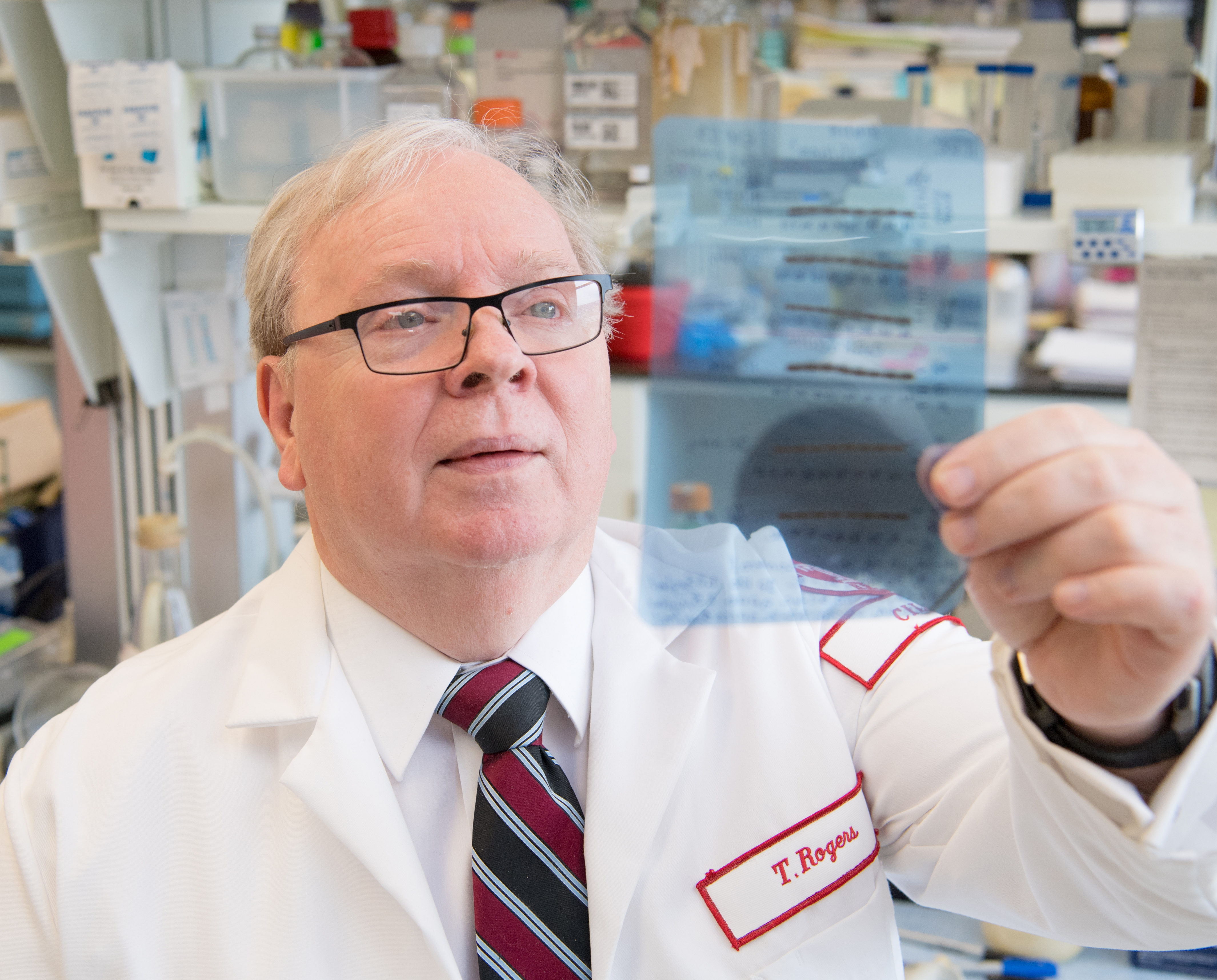Message from the Director

The mission of the Temple Center for Inflammation and Lung Research (CILR) is to promote basic, pre-clinical, translational and clinical research in the field of acute and chronic inflammation. It is also our objective to train scientists interested in the study of these processes, and to broaden the awareness and understanding of inflammatory disease in the community. We are committed to the dissemination of information to help broaden the understanding of the causes of lung disease, to communicate how the development of lung disease can be reduced, and to convey how lung disease can be most appropriately treated.
We are a group of basic and translational research scientists with a common interest in understanding the mechanisms that are involved in the development of acute and chronic inflammatory diseases, particularly those that involve the lung.
We work to elucidate the molecular and cellular basis for these diseases and are actively engaged in efforts to develop novel therapeutics and advanced methods for the proper diagnosis of lung disease.
We combine diverse expertise in the basic and clinical sciences, with research that spans immunology, biochemistry, molecular biology, physiology, pharmacology, and other disciplines. Our objective is to understand how basic processes of innate and adaptive immunity evolve into chronic disease -- and we engage a variety of inter-departmental and multi-disciplinary approaches to move our research forward. The essence of our work is collaborative, and our success has been the result of the combined efforts of individuals both at Temple University and at a number of outstanding institutions elsewhere. We take pride in our ongoing commitment to collaboration as a means to understand complex research problems.
We have an intensive dedication to our educational mission, which is directed to medical students, undergraduate and graduate students, and residents and postdoctoral and clinical fellows and their development as independent investigators. We utilize state-of-the-art research approaches that prepare our scientists-in-training with research abilities that will be relevant well into the future.
Sincerely,
